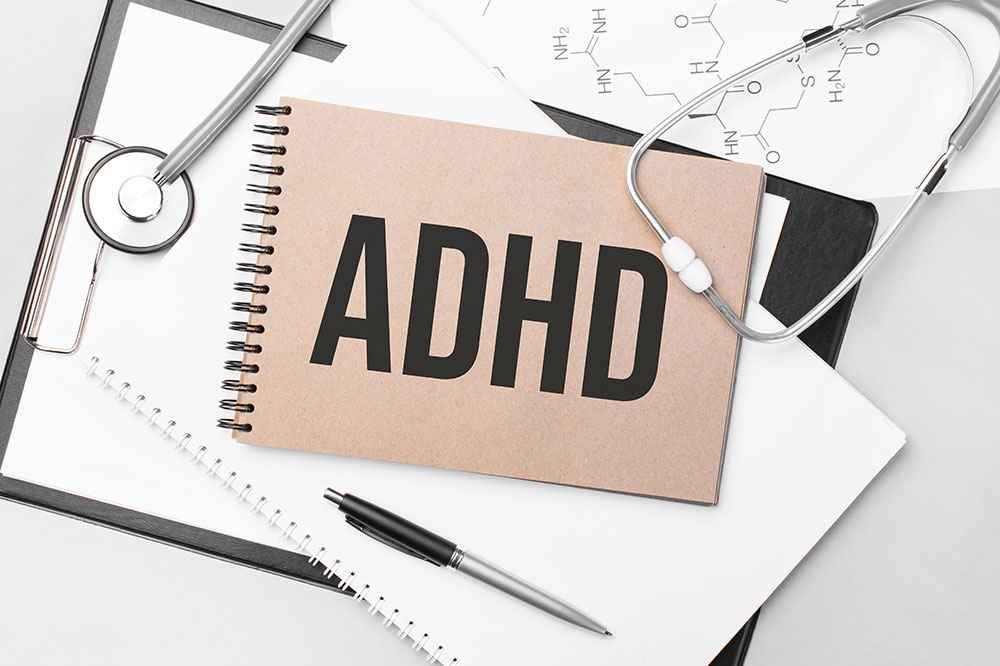Comprehensive Guide to Recognizing the Key Signs of ADHD in Children and Adults
This comprehensive guide explains the key signs of ADHD, including hyperactivity, emotional regulation issues, attention difficulties, impulsivity, and forgetfulness. Early recognition and professional diagnosis are essential for effective management. The article aims to help parents, teachers, and healthcare providers identify ADHD symptoms accurately to support affected individuals better. Detailed descriptions of behaviors across children and adults highlight the importance of timely assessment and intervention for improved quality of life.

Understanding and Identifying ADHD Symptoms
Attention Deficit Hyperactivity Disorder (ADHD) is a complex neurodevelopmental condition characterized by persistent patterns of inattention, hyperactivity, and impulsivity. Although ADHD is most commonly diagnosed in children, it can persist into adulthood or sometimes remain undiagnosed until later in life. Recognizing its symptoms early plays a crucial role in managing the disorder effectively and improving quality of life for those affected. However, many behaviors associated with ADHD can resemble typical childhood activities, which makes accurate diagnosis a challenge. This guide aims to shed light on the subtle and overt signs of ADHD, helping parents, educators, and healthcare professionals distinguish between normal developmental behaviors and symptoms warranting further assessment.
Hyperactivity and Restlessness
One of the hallmark symptoms of ADHD is a tendency toward constant movement. Individuals often struggle to stay still, frequently fidgeting, tapping their feet, or feeling restless, especially in situations where calmness is expected. Children with hyperactivity may run around excessively, climb on furniture, or have difficulty engaging quietly in activities like reading or storytelling. Adults with ADHD might report feeling internally restless or having difficulty sitting through meetings or long conversations without needing to move or shift frequently. Hyperactivity is often more noticeable in children, but in adults, it might manifest as an inner feeling of agitation.
Difficulty Managing Emotions and Impulsivity
Many children and adults with ADHD display emotional dysregulation, showing signs of frustration, irritability, or quick temper. Children may have frequent emotional outbursts, tantrums, or struggles to control impulses, leading to inappropriate behaviors or difficulty coping with challenges. In adults, manifestations may include abrupt anger, impatience, or difficulty handling stress. The inability to regulate emotions effectively can interfere with social relationships and academic or work performance, often causing misunderstandings or conflicts.
Excessive Daydreaming and Withdrawal
While occasional daydreaming is normal, persistent withdrawal or zoning out can be a red flag. Individuals might appear distracted or disengaged from their surroundings, often losing track of conversations, instructions, or tasks. Such behavior can be mistaken for laziness or disinterest, but in the context of ADHD, it is often linked to difficulty sustaining attention. Children who daydream frequently may seem inattentive in class, often missing key information or instructions, which hampers learning progress.
Attention and Focus Challenges
Difficulties in maintaining concentration on tasks, conversations, or reading materials are central to ADHD. People affected may jump from one activity to another without completing tasks, make careless mistakes, or forget key details. This can impact academic achievement, work productivity, and personal relationships. For example, students might struggle to follow multi-step instructions or overlook important deadlines. Adults might find themselves procrastinating or losing track of responsibilities, leading to stress and frustration.
Impulsivity and Risk-Taking Behaviors
Impulsiveness without adequate forethought characterizes many individuals with ADHD. They might blurt out answers in class, interrupt conversations, or act without considering consequences. Such behaviors often lead to social difficulties and can put individuals at risk for accidents or poor decision-making. Youngsters may also become overly fixated on impulses, disregarding others’ feelings or social norms, which may result in inappropriate or disruptive actions.
Forgetfulness and Organizational Difficulties
A common symptom among those with ADHD involves forgetfulness regarding daily tasks, appointments, or important facts. Forgetting to complete homework, losing personal belongings, or missing appointments are frequent occurrences. This forgetfulness stems from the core difficulty in sustaining attention and organizing thoughts. Adults might face challenges with managing schedules, maintaining deadlines, or keeping track of responsibilities, impacting personal and professional lives.
While many of these signs can occur temporarily in children or adults experiencing stress or fatigue, persistent patterns are indicative of ADHD. Recognizing these symptoms early allows for timely intervention and support. If you observe these behaviors over weeks or months, consulting a healthcare professional for a comprehensive evaluation is recommended. Remember, never self-medicate or attempt to treat ADHD without professional guidance, especially when children are involved. Proper diagnosis followed by tailored interventions can significantly improve functioning and well-being for individuals living with ADHD.





